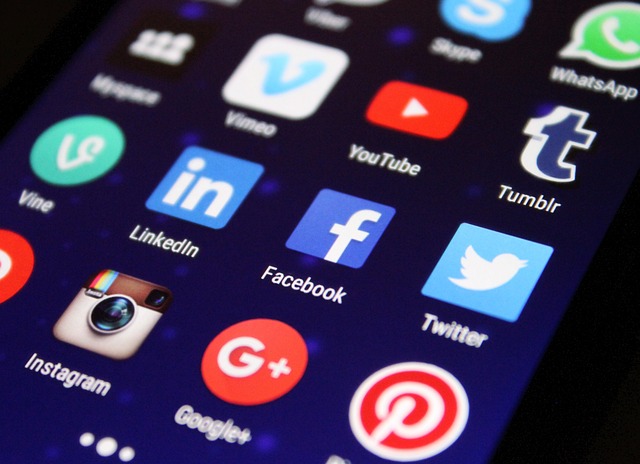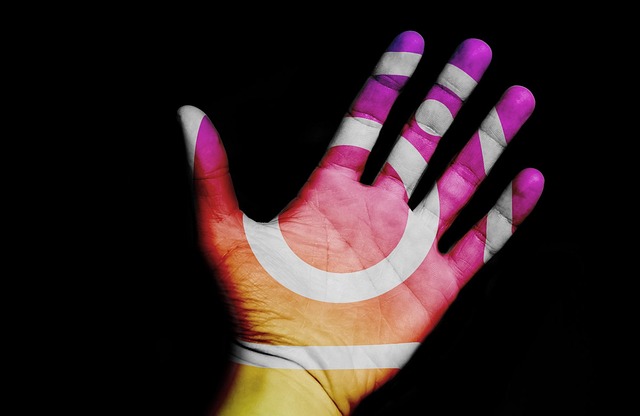In an era dominated by screens and digital footprints, the phenomenon of social media cross-procrastination has emerged as a compelling trend, reflecting how intertwined our online interactions have become. Just as we find ourselves endlessly scrolling through Instagram while intending to limit distractions, many are discovering a unique, albeit troubling, way to procrastinate: by jumping from one social media platform to another.
This curious behavior highlights the significant impact social media has on our daily lives. What was once meant for connection has transformed into a vortex where time slips away unnoticed. Instead of completing a task or enjoying a hobby, individuals often find themselves hopping from Facebook to Twitter to TikTok. Each click promises a new dopamine hit, an endless scroll of content, memes, and updates that serve as a distraction from our responsibilities.
It’s easy to view social media as merely a tool for communication, but it has evolved into a double-edged sword. On one hand, these platforms foster community and connection; on the other, they can trigger a cycle of procrastination that many struggle to break. Think about it: how often do you start your day with a single intention, only to find that several hours have vanished as you dive deep into the rabbit hole of trending topics and viral videos?
Understanding this trend is crucial in an age where productivity is often measured by output. The rise of social media cross-procrastination isn’t just about a few wasted hours; it’s a reflection of our deeper relationship with technology, how it shapes our leisure time, and the way we perceive productivity. The pursuit of the next hit of entertaining content can result in a kind of burnout, where the intention to relax turns into an exhausting exercise in distraction.
As we navigate this landscape, it’s essential to recognize that every scroll and swipe comes with consequences. Acknowledging the impact of social media on both our time and mental well-being can be the first step towards regaining control. Setting boundaries, limiting our online time, and finding other forms of engagement are ways we can counteract the sway of social media cross-procrastination in our lives.
Ultimately, being aware of how our habits have changed can empower us to take charge of our time. As social media continues to shape our culture and influence our behaviors, it’s essential to cultivate a mindful approach to our online presence, ensuring that it’s a tool for enrichment rather than a barrier to productivity.



